In the pursuit of enhancing energy efficiency and increasing home value, the selection of quality doors and windows plays a pivotal role. According to the U.S. Department of Energy, windows account for about 25-30% of residential heating and cooling energy use, which underscores the necessity for homeowners to invest in high-performance, energy-efficient models. Moreover, a study by the National Association of Realtors indicates that replacing old windows can yield a return on investment of nearly 70% to 80%, significantly boosting property value. By opting for quality doors and windows, homeowners not only improve their energy consumption but also elevate the aesthetic appeal and marketability of their homes. With advancements in technology and design, high-quality products are more accessible than ever, making it essential to understand their benefits in terms of energy savings and overall investment.
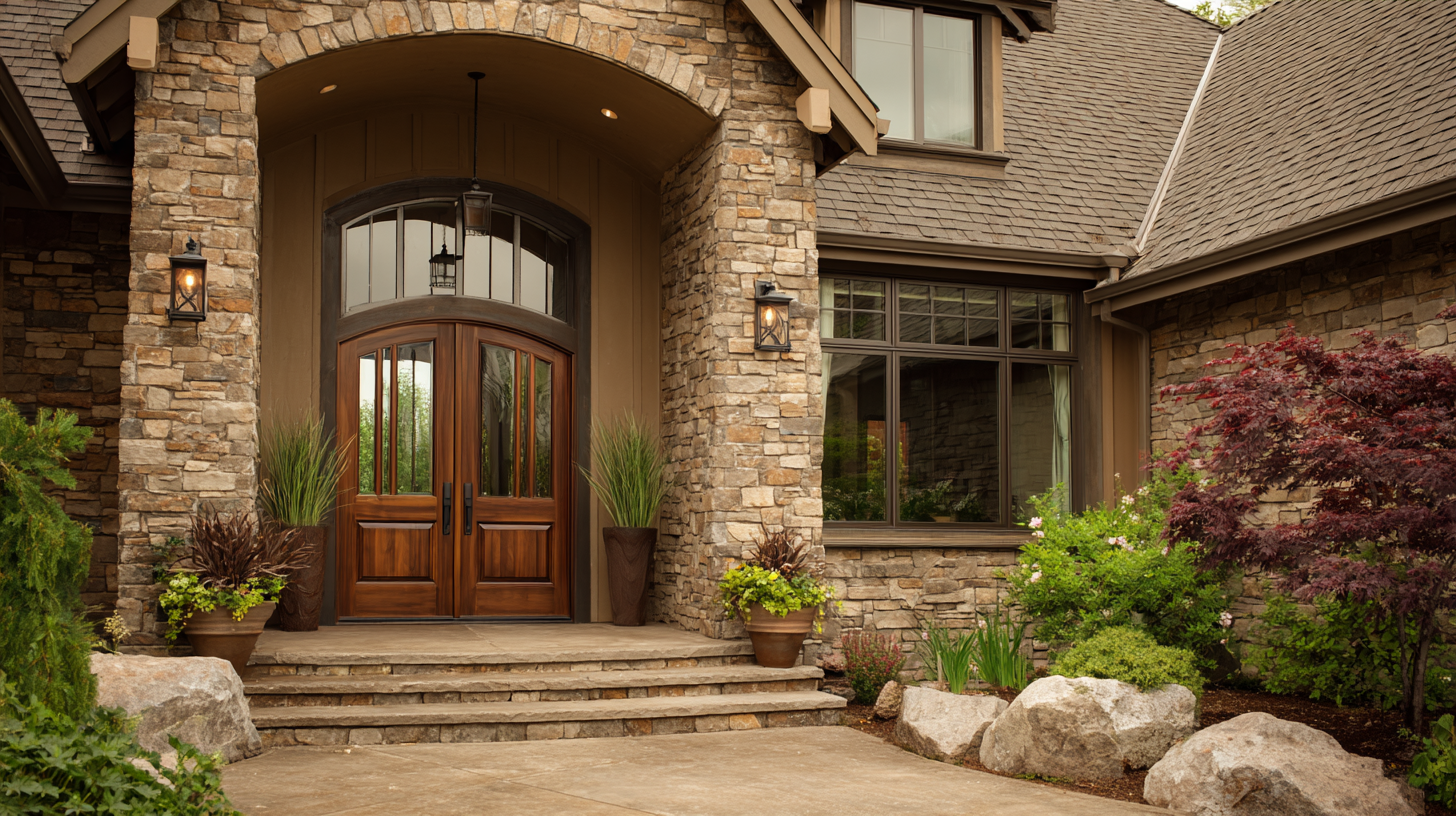
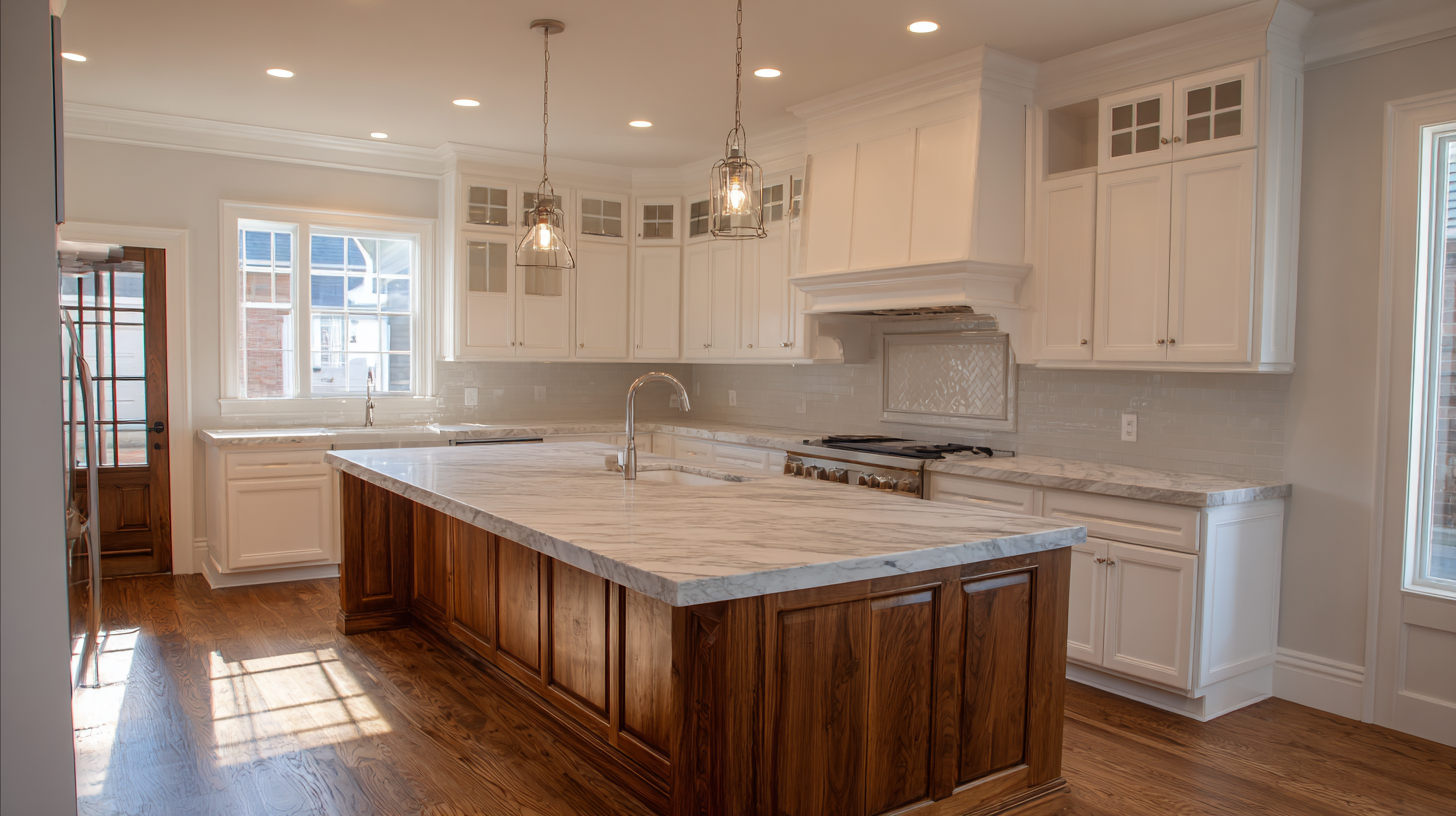 When it comes to enhancing energy efficiency and boosting home value, energy-efficient doors and windows are essential upgrades for homeowners. Investing in these improvements not only contributes to a greener environment but also significantly lowers energy bills. With current tax credits available, now is the prime time to make these upgrades before the benefits start to disappear. Homeowners can potentially save thousands by taking advantage of tax programs such as the Energy Efficient Home Improvement Credit and the Residential Clean Energy Credit, which are set to expire in 2026.
When it comes to enhancing energy efficiency and boosting home value, energy-efficient doors and windows are essential upgrades for homeowners. Investing in these improvements not only contributes to a greener environment but also significantly lowers energy bills. With current tax credits available, now is the prime time to make these upgrades before the benefits start to disappear. Homeowners can potentially save thousands by taking advantage of tax programs such as the Energy Efficient Home Improvement Credit and the Residential Clean Energy Credit, which are set to expire in 2026.
Tips for Choosing Energy-Efficient Doors and Windows:
When selecting doors and windows to bolster energy efficiency and home value, homeowners should pay close attention to several key features. One of the primary factors is the Energy Star rating, which indicates that the products meet strict energy efficiency guidelines set by the U.S. Environmental Protection Agency. According to the Department of Energy, upgrading to Energy Star-certified windows can reduce energy bills by 7-15% annually, showcasing their potential for substantial cost savings while enhancing comfort.
Another critical aspect to consider is the material used in doors and windows. Fiberglass and vinyl are emerging as popular choices due to their resistance to the elements and superior insulation properties. The National Association of Realtors suggests that homes with high-quality materials yield a better return on investment, with some instances showing up to 70% recouped costs upon resale. Additionally, insulated frames, dual or triple-pane glass, and low-emissivity (Low-E) coatings are essential features that minimize heat loss, making a marked difference in energy consumption. Prioritizing these attributes can significantly elevate both energy efficiency and the overall market value of your home.
| Feature | Description | Impact on Energy Efficiency | Effect on Home Value |
|---|---|---|---|
| Materials | High-quality materials like fiberglass or vinyl which provide durability and insulation. | Good insulation lowers energy costs by maintaining temperature. | Homes with quality materials often have higher resale values. |
| Energy Star Rating | Certification indicating compliance with energy efficiency guidelines. | Significantly reduces heating and cooling costs. | Homebuyers often prefer Energy Star rated products. |
| Double or Triple Glazing | Multiple layers of glass for improved insulation. | Reduces heat loss and lowers energy bills. | Increasingly expected feature in modern homes. |
| Weatherstripping | Seals around doors and windows to prevent air leaks. | Enhanced sealing guards against drafts, stabilizing indoor temperatures. | Improved comfort can lead to higher property valuations. |
| Aesthetic Appeal | Designs that complement the home’s architectural style. | Indirectly affects energy efficiency by supporting natural lighting and ventilation. | Attractive designs can increase buyer interest and home value. |
When considering home improvements, the debate of cost versus value becomes crucial, especially in the realm of energy-efficient upgrades. Investing in quality doors and windows not only enhances energy efficiency by minimizing heat loss and improving insulation but also increases the overall appeal of the home. Homeowners should recognize that while the initial costs may be higher, the long-term savings on energy bills and potential increase in home value can far outweigh these upfront expenses.
Furthermore, energy-efficient windows and doors can significantly boost the resale value of a property. In today's real estate market, buyers are increasingly looking for energy-efficient features that promise lower living costs and a reduced carbon footprint. By investing in high-quality materials that meet energy efficiency standards, homeowners can position their property favorably, translating the initial investment into greater financial returns. In essence, prioritizing energy-efficient improvements is a smart strategy that aligns cost management with value enhancement in the housing market.
When selecting doors and windows to boost energy efficiency and enhance your home value, understanding the different materials available is crucial. The choice of material directly affects insulation performance, durability, and aesthetic appeal. Common materials include wood, vinyl, fiberglass, and aluminum, each with its unique benefits. For instance, wood offers excellent insulation but may require more maintenance, while vinyl is low-maintenance and provides decent insulation at an affordable price.
Tips: Always consider the climate of your area when choosing materials. For colder regions, opt for triple-glazed windows made from fiberglass for superior thermal insulation. In contrast, vinyl can work well in milder climates but may not provide the same level of insulation in extreme temperatures.
Another key factor is the energy efficiency rating of the products. Look for doors and windows that have the ENERGY STAR label, as these are tested for their insulation capabilities. Additionally, low-emissivity (low-E) coatings can significantly reduce heat transfer, making them an excellent choice for energy-conscious homeowners.
Tips: Don't forget to check for proper weather stripping and sealing as these can greatly enhance the energy efficiency of your doors and windows, preventing drafts and heat loss.
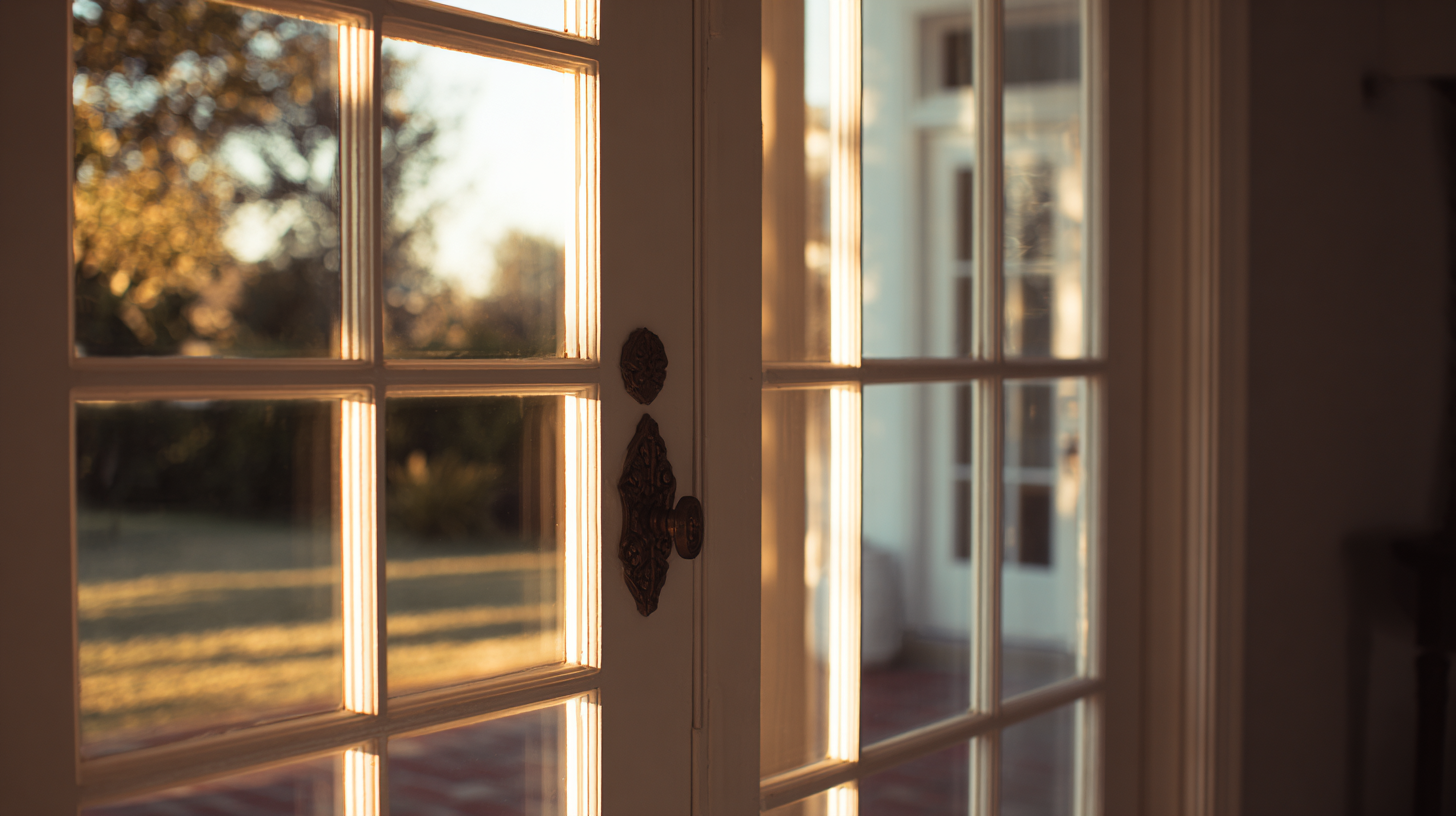
Investing in high-quality doors and windows not only enhances energy efficiency but also significantly increases a home's resale value. According to the National Association of Realtors, homes with energy-efficient upgrades can see an increased value of up to 10%.
Modern doors and windows equipped with double or triple glazing improve insulation, reducing energy bills and making the home more appealing to prospective buyers. In fact, a report by the Department of Energy indicates that homeowners can save up to 15% on heating and cooling costs by upgrading their windows to energy-efficient models.
Tips: When considering new doors and windows, look for products with ENERGY STAR ratings. These certifications assure that the materials meet specific energy efficiency criteria, which is a key selling point during resale. Additionally, choosing materials that are durable and low maintenance, such as fiberglass or vinyl, can further appeal to buyers who prioritize long-term savings over initial costs.
Moreover, aesthetic quality plays a crucial role in resale value. Homes featuring stylish, well-fitted doors and windows can attract higher offers. A well-done upgrade can yield an ROI of more than 70% according to Remodeling magazine’s Cost vs. Value report. Therefore, it's essential to select designs that complement the overall architecture of the home while providing energy efficient benefits.

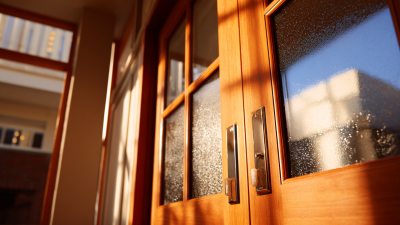
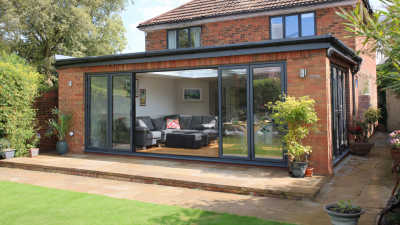
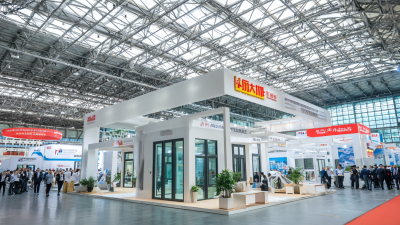

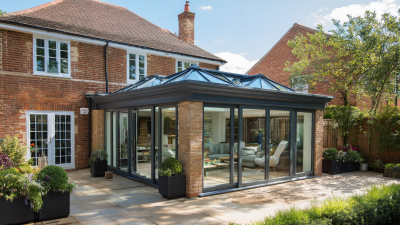
Leave your projects details, and one of our team will reach out to answer any questions you may have